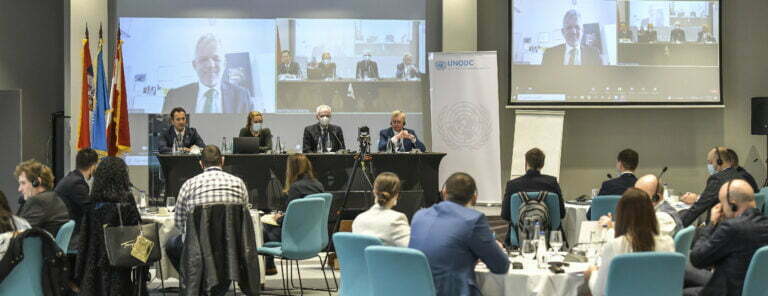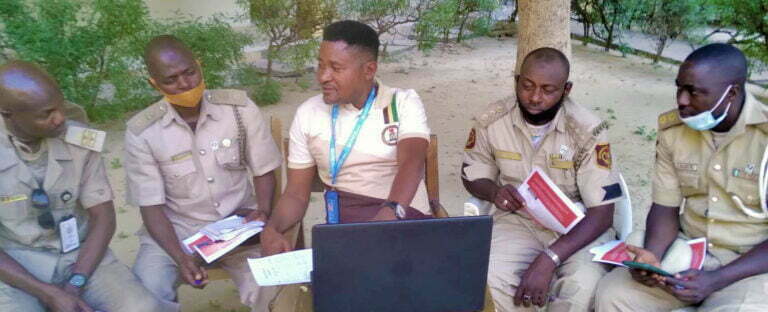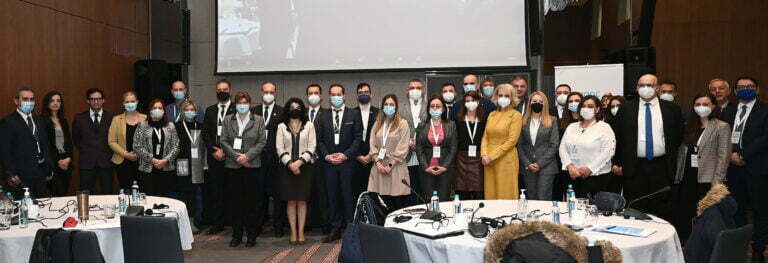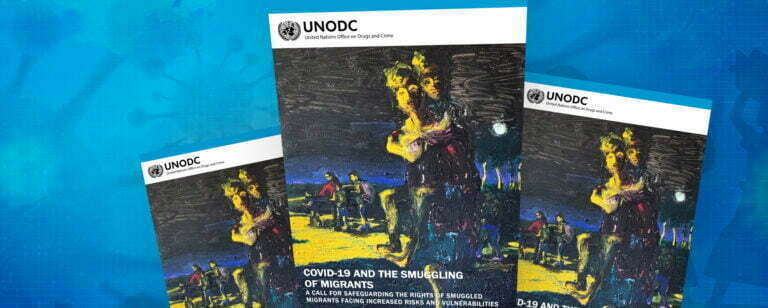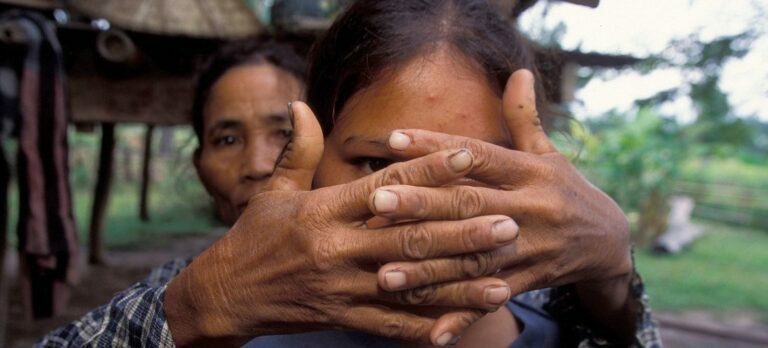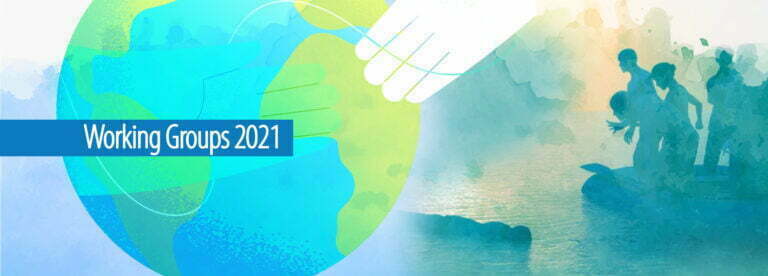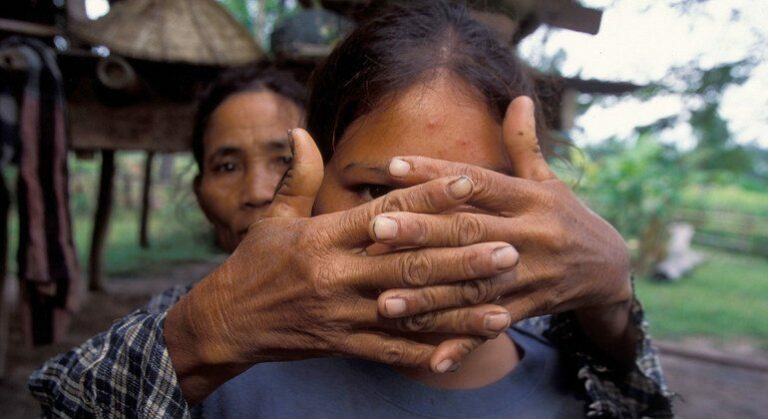Securing Evidence: The Key to Convictions in Human Trafficking
Belgrade, (Serbia) 18 – 20 January 2022 – Human trafficking is a global and widespread crime, but despite its prevalence research shows persistent low levels of prosecutions and convictions of traffickers. Data from the latest Global Report on Trafficking in Persons, produced by the United Nations Office on Drugs and Crime (UNODC), showed that in 2018…

